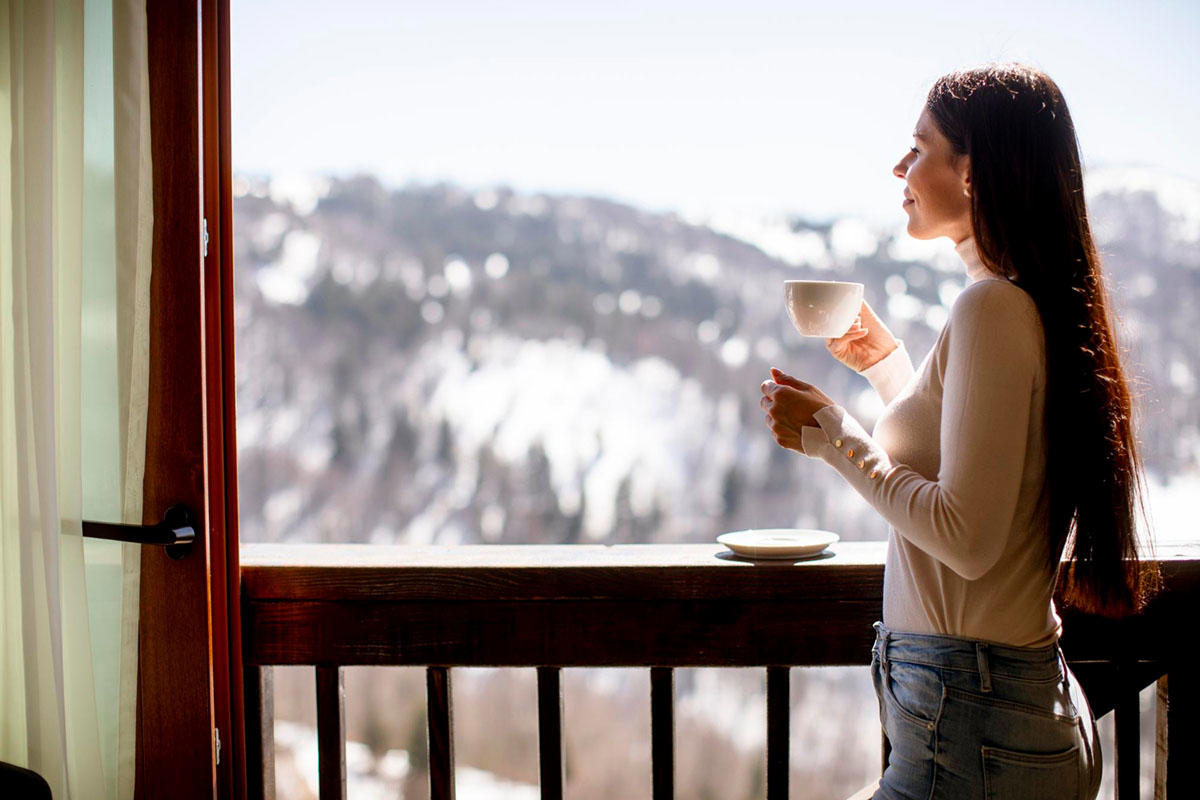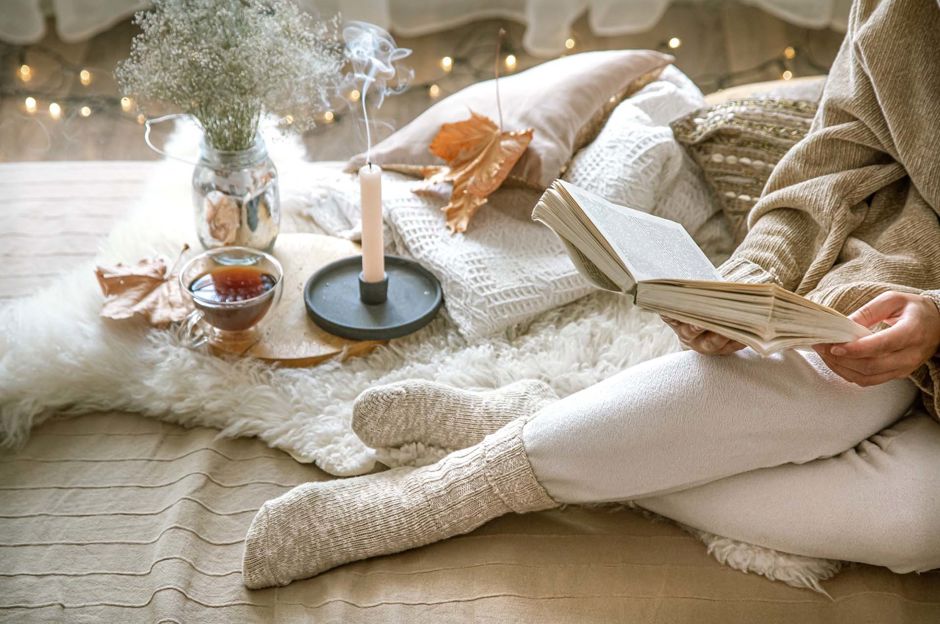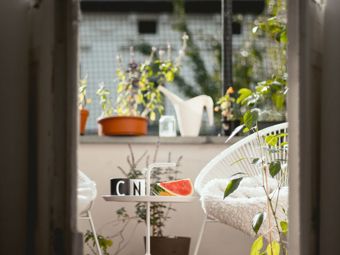How to air properly so that heat does not escape
Regular ventilation is key to a healthy life and to mould prevention. However, if you air improperly, it can unnecessarily cool the interior and increase heating costs.

The basic rule is following: air quickly and intensively. Leaving the window slight open all day long will unnecessarily cool the living room and will not allow for thorough air exchange. Instead of having the window permanently ajar, air briefly but intensively - 5 to 10 minutes several times a day is enough. Open the windows wide open so that the air is exchanged quickly, but the walls and furniture do not have time to cool down.
Use natural light and solar heat
The sun is a natural source of heat and light, and it can be used effectively even in the winter months. Let the apartment warm up as much as possible - if possible, let as much daylight as possible penetrate inside during the day. Pull up roller shutters, open the curtains and let the sun rays warm up the interior. You will save on heating, but during the lack of light in the morning and evening, you will also reduce the time for which the light needs to be on.
However, in the evening, exterior blinds or roller blinds will mainly help to retain heat in the interior. To prevent heated air from escaping unnecessarily through cold window panes, close them immediately after nightfall.
Tip: Screen roller blinds can also help to retain heat in the apartment.
How to optimize heat in the interior
The correct heating settings and minor adjustments can significantly reduce energy consumption. The basic rule is not to cover or block radiators. Long curtains and screens are not suitable for heating. Make sure that the radiators are well bled as well.

You don't always need to turn the heat up to full. Firstly, dry air feels colder, while optimal humidity (40-60%) helps to keep you feeling warm even at lower temperatures. If the air is too dry, a humidifier or simply a bowl of water on the radiator will help. Secondly, you don't have to keep the temperature set at the same level all the time. At night or when you're away for a longer period of time, lower the temperature by 2-3°C - you'll save money without feeling much difference. The ideal sleeping temperature is around 18°C.
Small changes, big difference
Reducing your energy bills doesn't mean sacrificing comfort. The above adjustments will help you keep your home amiably warm while reducing your heating costs.







